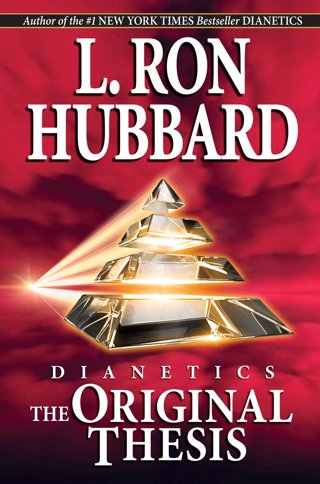The 7-Second Trick For Dianetics
The 7-Second Trick For Dianetics
Blog Article
Top Guidelines Of Dianetics
Table of ContentsThings about DianeticsDianetics Things To Know Before You BuyMore About DianeticsNot known Incorrect Statements About Dianetics
I couldn't ever before not wish to get anything that enters your mind for you- if it was or else, I wouldn't be resting here with you, doing this. I not only can never have an issue, or not intend to listen to something that comes to mind for you, but I'm completely anxious to recognize every concept, every thought, every image or sensation that arises or materializes for you- don't ever think or else, and if somehow you do, please simply allow me know! Often, you might have an idea, and picture, concept or event pop up that does not seem to respond to the concern, or connect to it, however nevertheless, always do inform me concerning it, and as we continue, the relevance will certainly emerge for you.This is integral in the basis of processing, and the subject of this discussion: the basic roles of the counselor and the customer: The basic function of the counselor is, in contrast to "typical training", not to control, which implies to enforce and/or inhibit, however to rather work from the basis of EMPOWERING THE CLIENT.

A Biased View of Dianetics
John Mcmasters revealed this standard reality splendidly well in among his lectures on Power processing, where he clarifies just how he was asked what this "unique propensity" was that he had for giving such wonderful sessions; he had to consider that for a minute, and identified that it was what he had not been doing, along with what he was doing: he wasn't examining, evaluating, computing, or actually, producing any thoughts, not to mention spoken expressions, after providing the command and while waiting on the PC to complete their solution to their fulfillment; he was, simply and only, being existing with the computer, and completely interested.
The duty of the therapist, showed; that was his "unique flair". I have actually had my very own experience which educated me this well, very beforehand in the game. In 1982, having lately finished my training and internship on New Era Dianetics, I was running this on a PC, and there was a factor in the session where (being a bit wet behind the ears not yet having numerous hours under my belt as an expert auditor) the computer seemed to be "taking too long" to share anything vocally after I offered him a command.
This trick ended up being one of the most beneficial contribution that John ever before made to the subject of treatment or auditing (Dianetics). In my modest original site point of view, it is the greatest contribution that any individual has actually ever before made to these subjectsthe application is totally non-judgemental, non-evaluative, and without any type of idea, guidance or opinion.no preconditioned agenda for individuals, or 'degrees' that they need to do
In Idenics, the only source of info about a customer is the individual customer. In Scientology we prided ourselves on not examining for people. However all that really implied was that the auditor did not VERBALLY review for the computer in session. The registrars and ethics policemans reviewed for the PC.
About Dianetics

Any person who had ever before seen John audit could not assist but discover a special top quality in his bookkeeping."The client's basic role is to be there with the objective of relocating in the instructions of their spiritual goals, and to freely and completely express and experience whatever manifests for them in addressing the concerns and executing the directions in the handling.
This is something to process as needed. However also, people regularly have prior experience and/or indoctrination in auditing/processing which, somehow, and to some extent, really misinforms them into mindsets, ideas and habits patterns that stop the complete understanding of these roles, and so they will have a tendency to inhibit the expressing of what comes to mind, as in the instances offered over. * The initial, and perhaps primary examples of mis-indoctrination bring about much less than completely smooth and effective sessions, can be discovered in specific aspects of the training routines, or "TR's":"TR's" are frequently a person's initial, or at least early, experience in Scientology, and while I will certainly go on to explain what I see as the flaws in concept and practice, nevertheless, often tend to be substantially restorative, done as they are given (Hubbard urges that "TR's are not refining, they are educating", however factually, they are both handling AND training)
Alan Walter made comparable observations, and improved these with his "Visibility Processes". There is no "flunking", and no denial of the fact of this being handling. The emphasis, as it should be, gets on experiencing the other person's visibility. All the manifestations which obtain a "fail" in doing "TR-0" are simply the being's initiatives to withstand the other individual's visibility, and rather than being harassed and nagged with "Flunk", which enforces "failing!" on the being, one just requires to be urged to "stick their feet in the water a little deeper", to significantly visit rehabilitate their ability and readiness to totally share and experience "being right here", or "presence", with others.
The Basic Principles Of Dianetics

Report this page